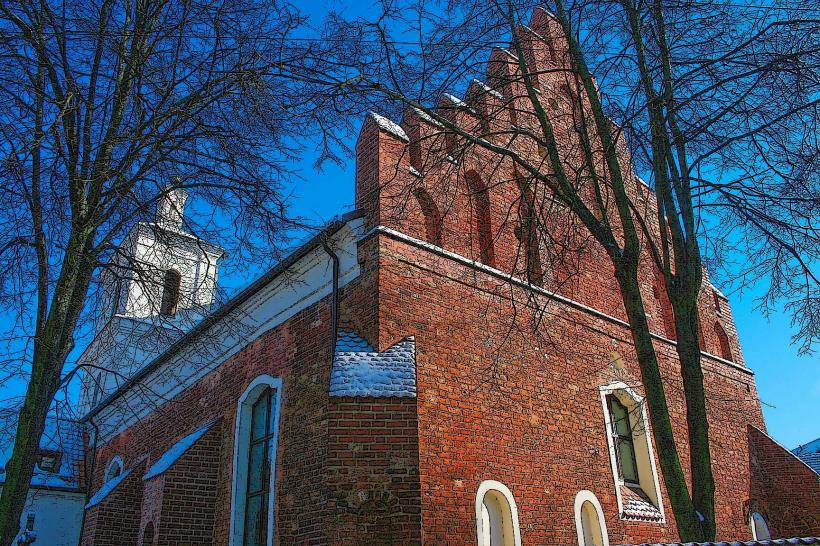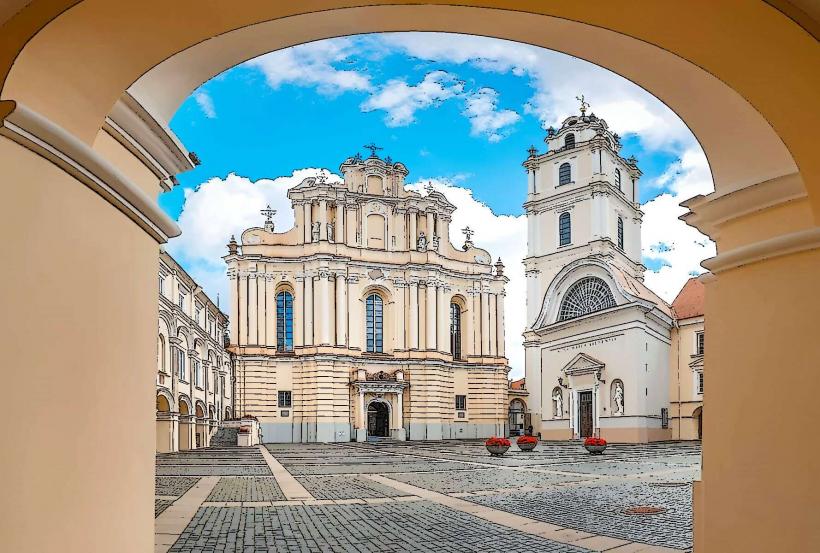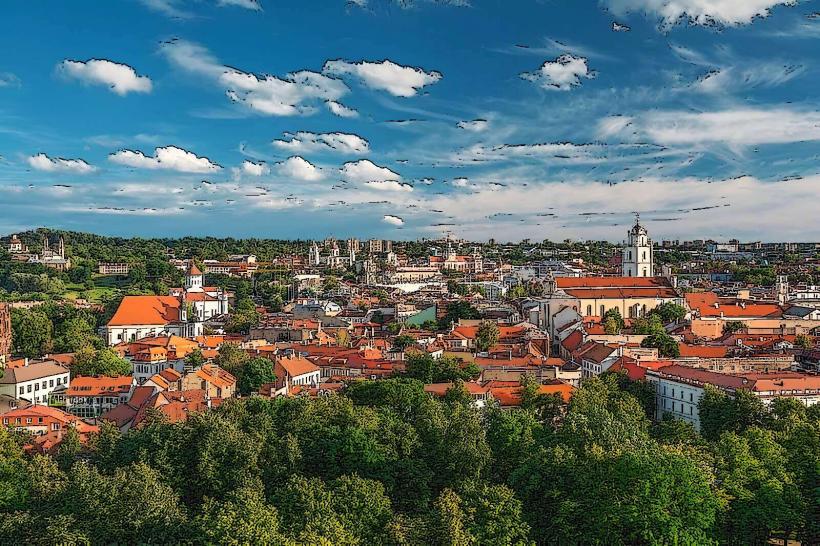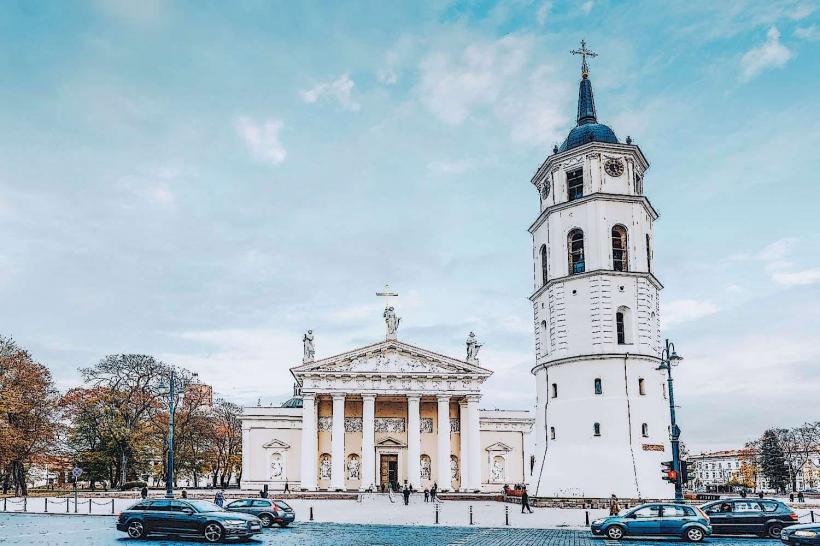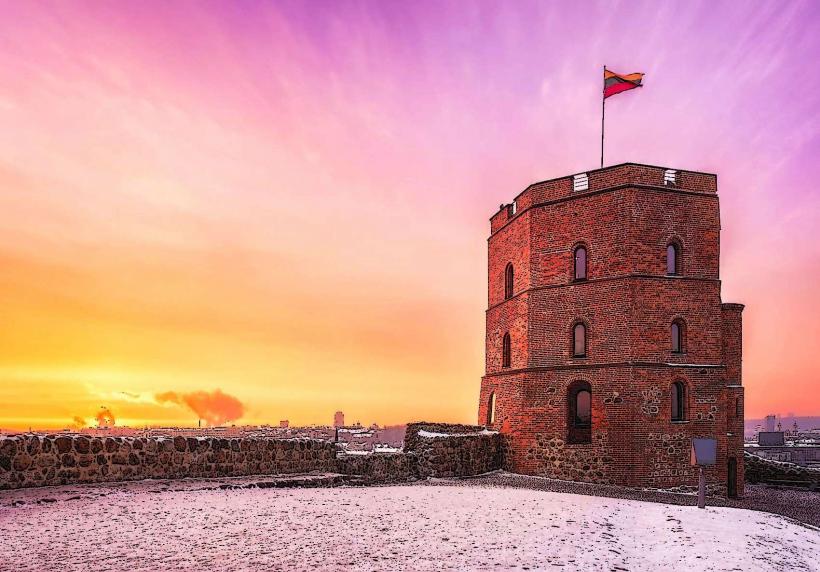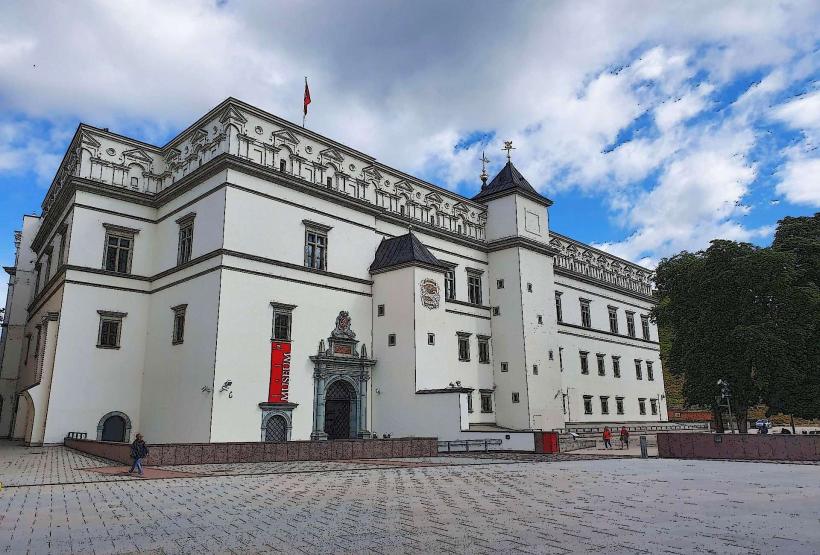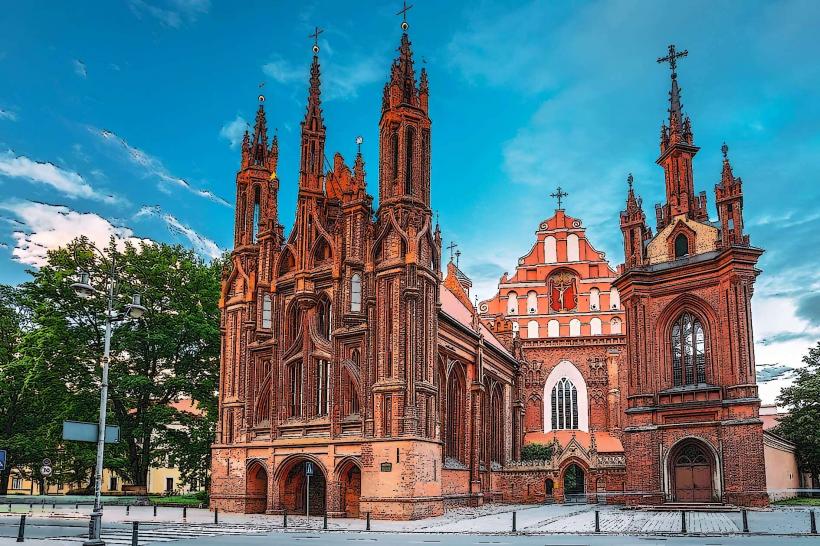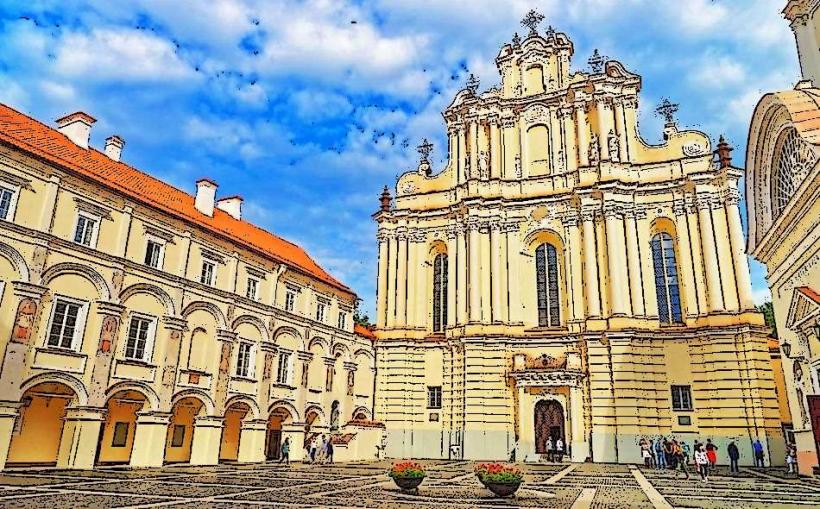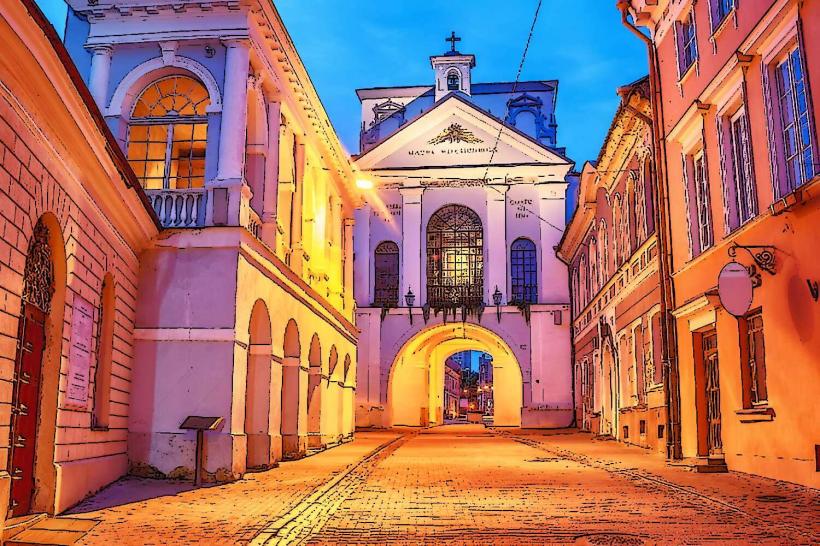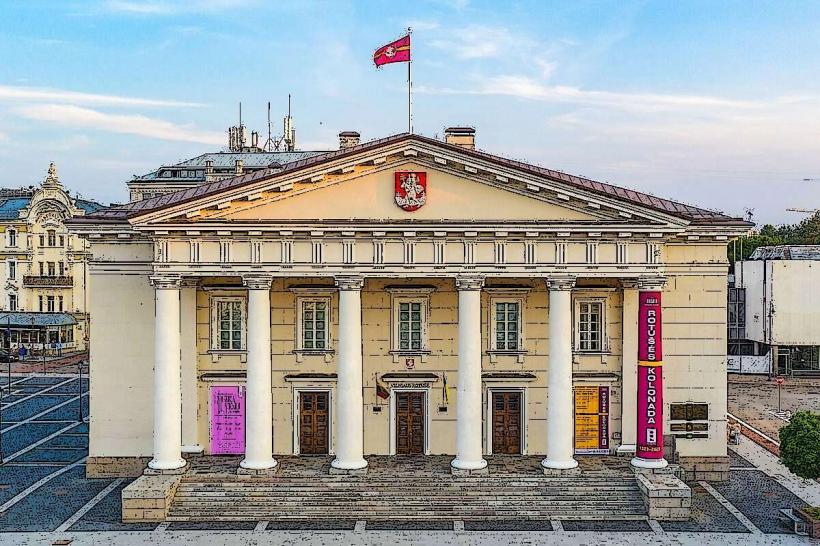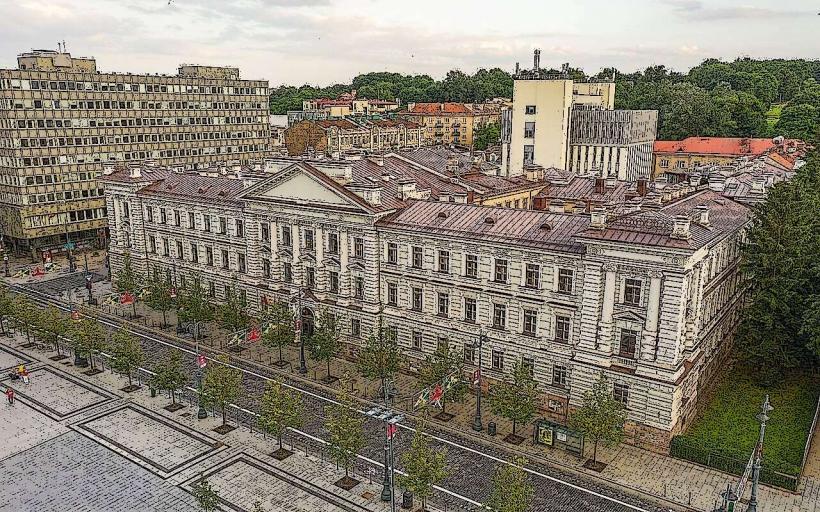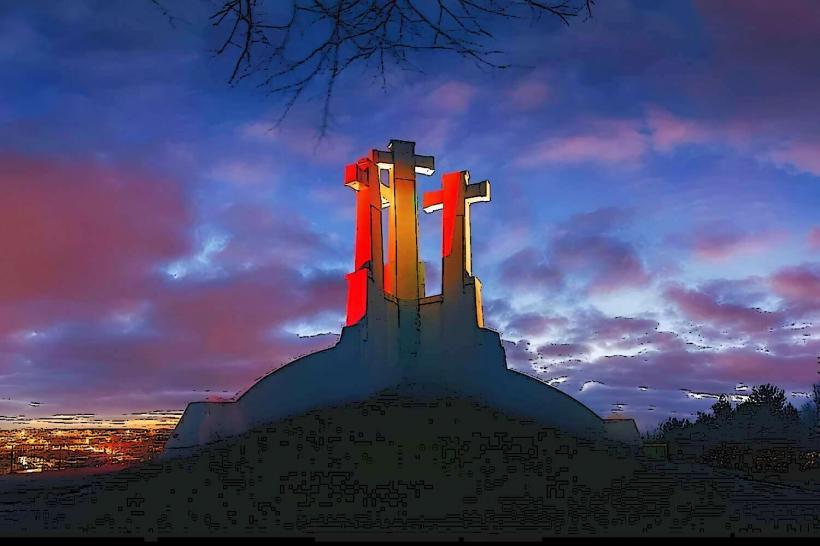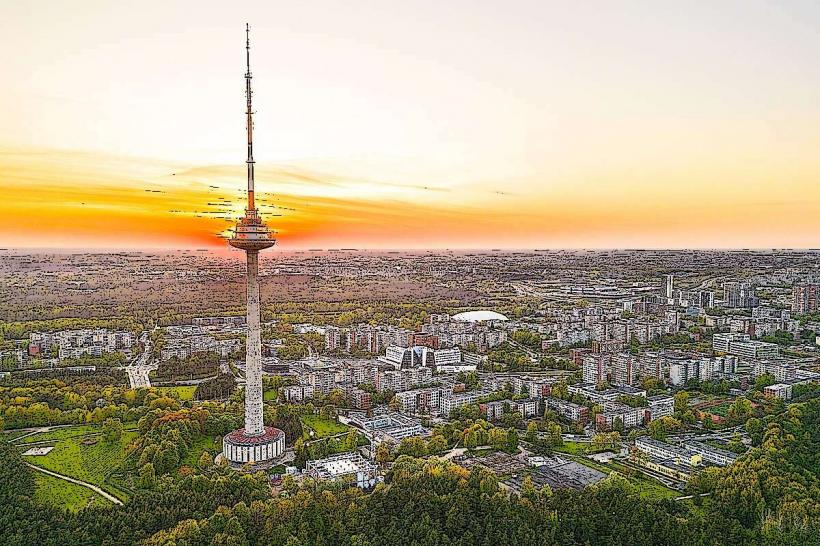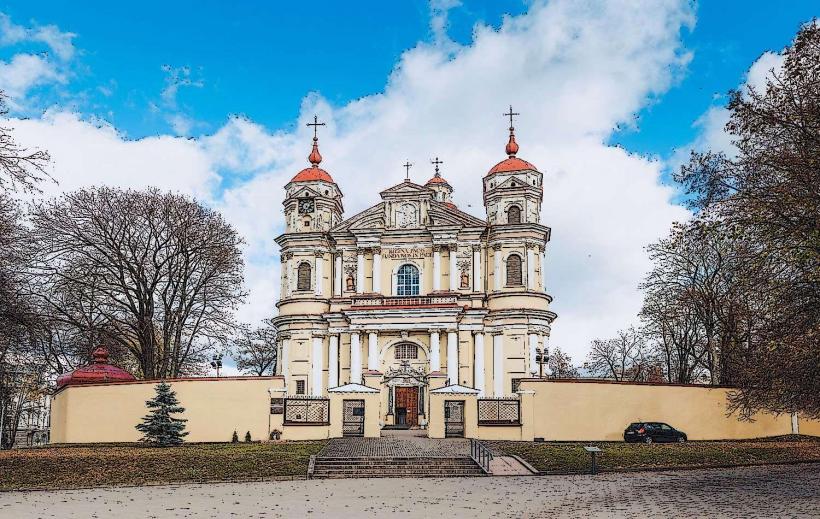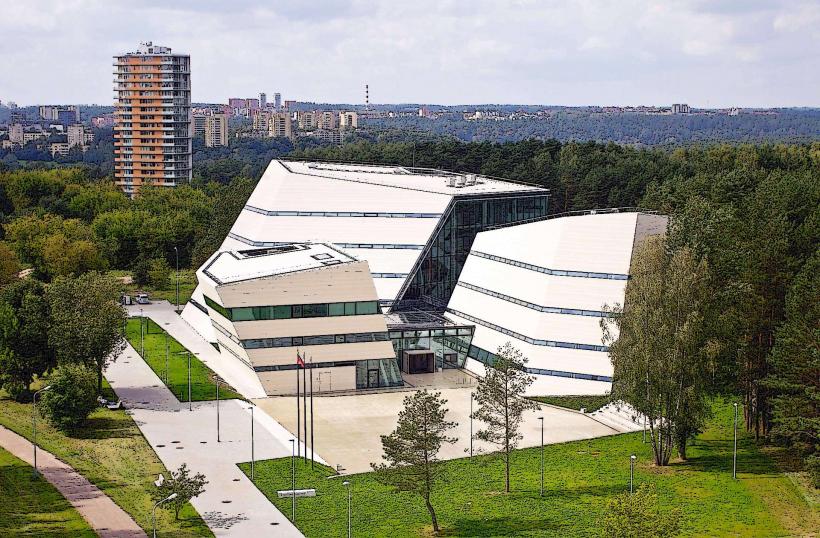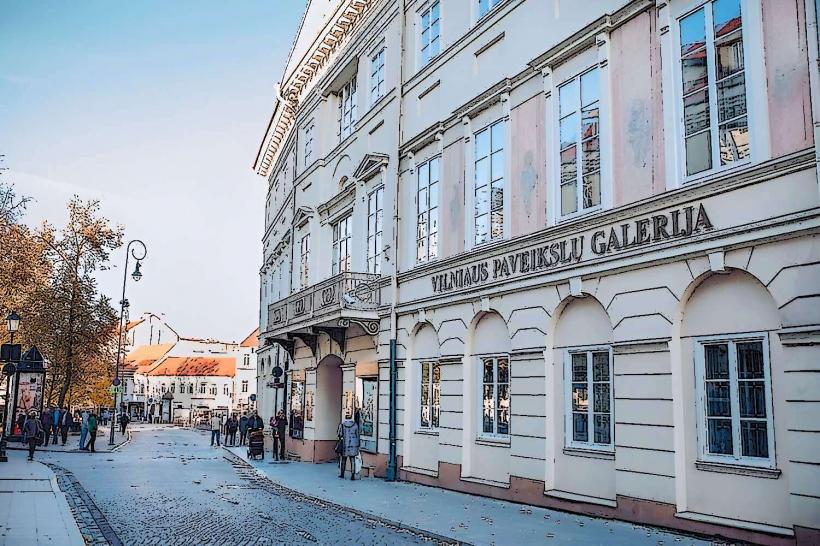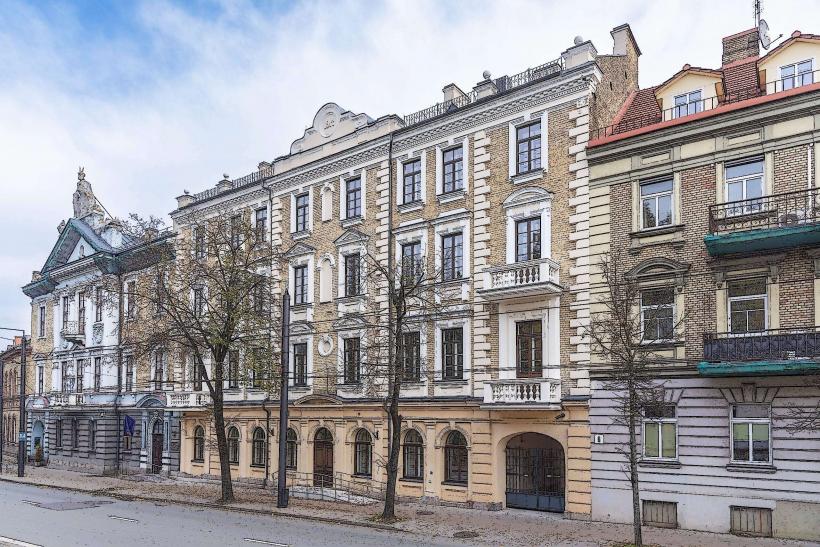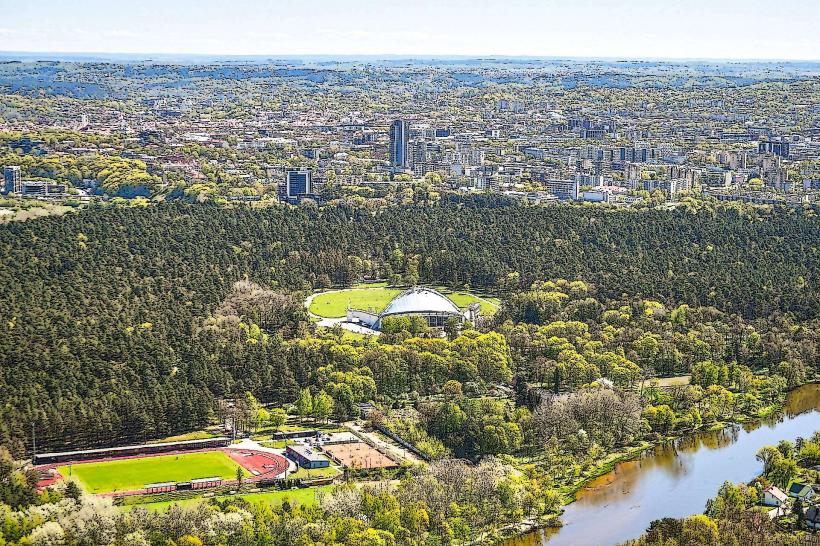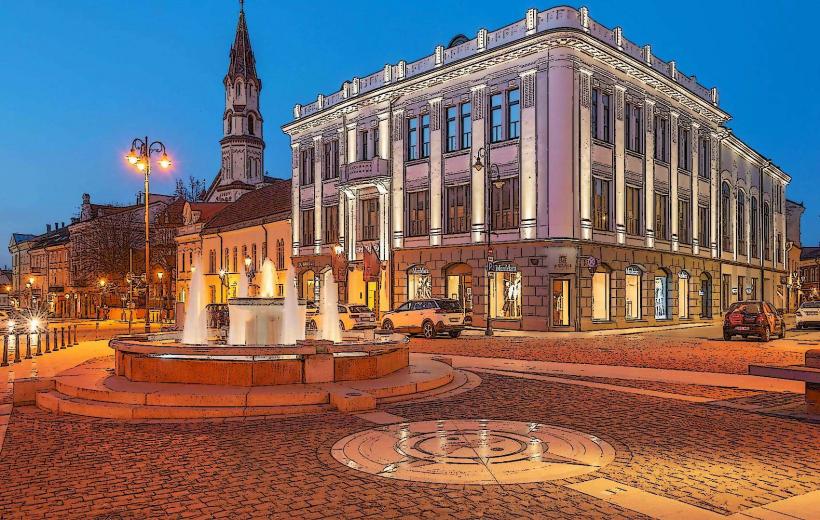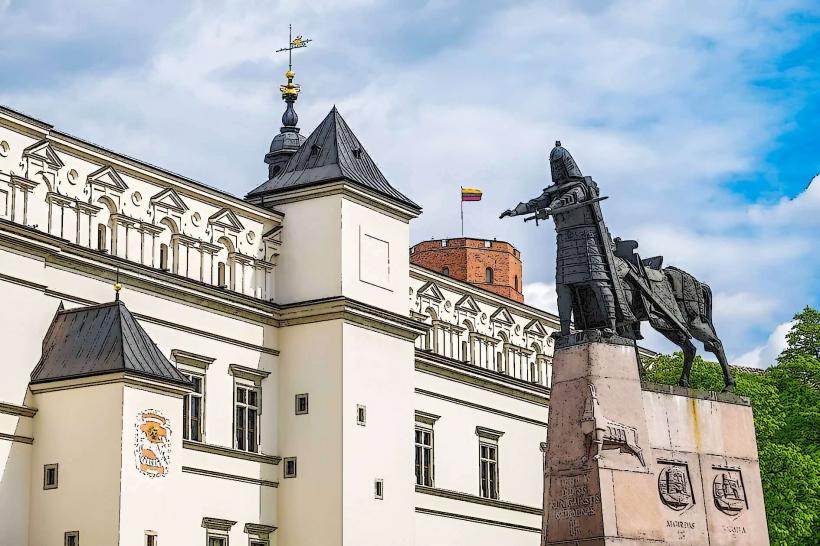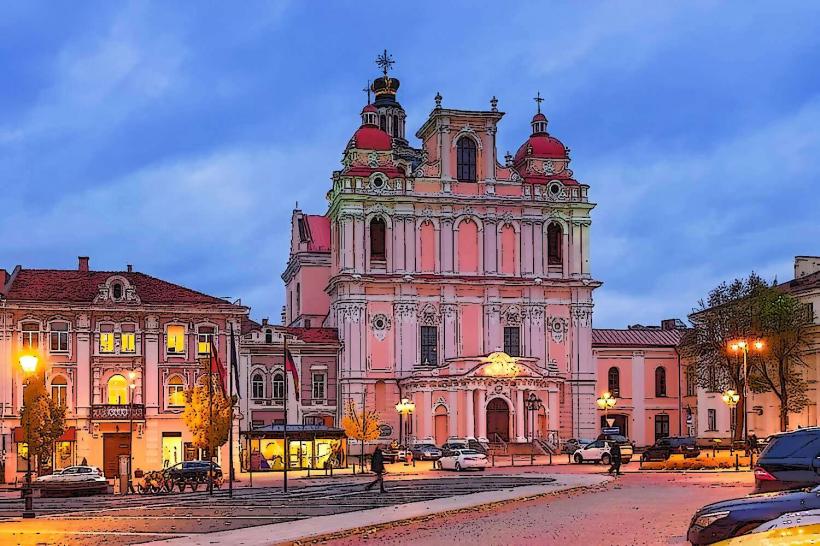Information
Landmark: Užupis DistrictCity: Vilnius
Country: Lithuania
Continent: Europe
Užupis District, Vilnius, Lithuania, Europe
Visual Characteristics
The district features a mix of 18th to 20th-century residential buildings, many with renovated facades and artistic murals. Architecture is predominantly brick and plaster, with varying colors from pastel to earthy tones. Streets are often cobblestone, and the area is characterized by small bridges crossing the Vilnelė River. Public art installations, sculptures, and graffiti are common elements of the streetscape.
Location & Access Logistics
Užupis is adjacent to Vilnius Old Town, separated by the Vilnelė River. Access is primarily via bridges from the Old Town, such as the Užupio Bridge. The district is approximately 1 km East of Vilnius Cathedral Square. Limited paid street parking is available within the district. Public transport options include several bus lines serving the periphery, with stops like "Užupio st." or "Bernardinu sodas" nearby, served by lines 10, 11, 33, and 74.
Historical & Ecological Origin
Historically, Užupis was a poorer district inhabited by mill workers and artisans. After World War II and during the Soviet era, it became a derelict area. On April 1st, 1997, residents symbolically declared the "Republic of Užupis" as an artistic and independent community, fostering a bohemian identity.
Key Highlights & Activities
Observe the Angel of Užupis sculpture in Užupio Square. Read the Constitution of Užupis, displayed on plaques in multiple languages along Paupio Street. Walk along the Vilnelė River and cross its various bridges. Visit local art galleries and workshops. Attend events on Užupis Day (April 1st).
Infrastructure & Amenities
Public restrooms are available in some cafes and restaurants. Shade is provided by trees along the riverbanks and within courtyards. Cell phone signal (4G/5G) is generally strong throughout the district. Numerous cafes, restaurants, and small shops offer food and beverages.
Best Time to Visit
Best time of day for photography is morning or late afternoon for softer light on building facades and river views. Best months for weather are May to September for mild temperatures and less precipitation. No specific tide requirements apply to the river.
Facts & Legends
The Constitution of Užupis includes 41 articles, such as "Everyone has the right to be happy" and "Everyone has the right to be unhappy." One article states, "A dog has the right to be a dog." On Užupis Day (April 1st), visitors can sometimes get their passports stamped at the border control, and the river's fountains may flow with beer.
Nearby Landmarks
- Vilnius Old Town: 0.1km West
- Bernardine Garden: 0.2km North-West
- St. Anne's Church: 0.3km North-West
- Literatų Street: 0.4km West
- Gediminas' Tower: 1.2km North-West

